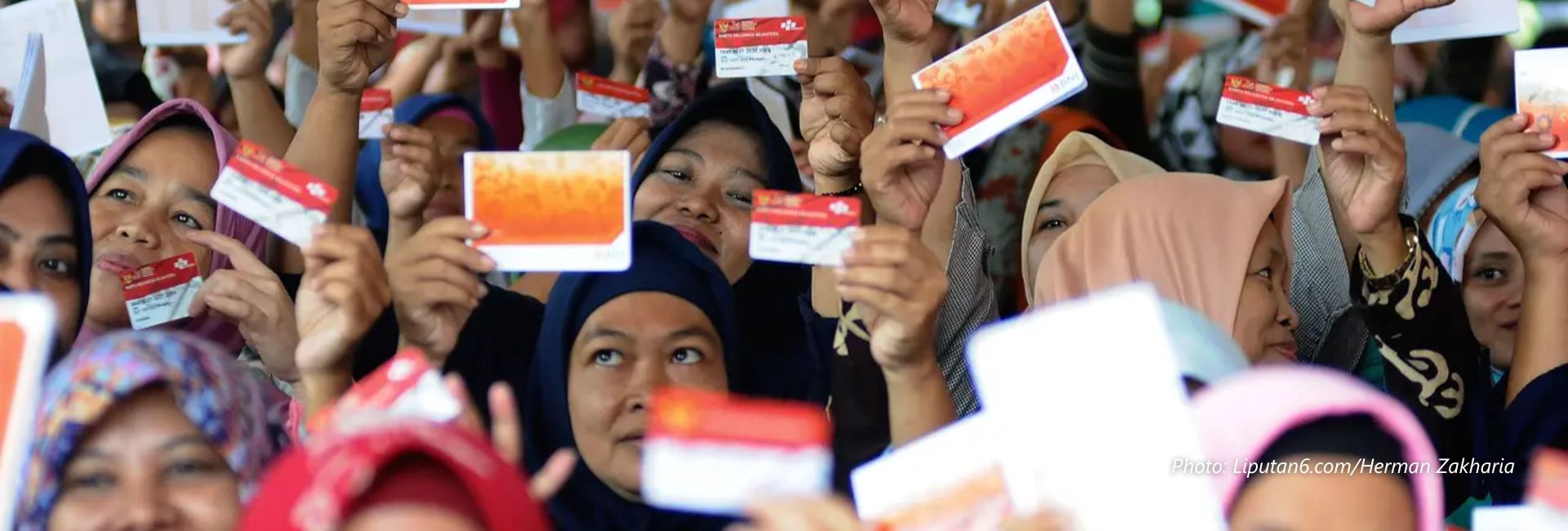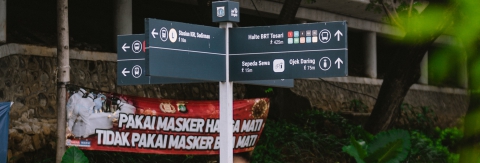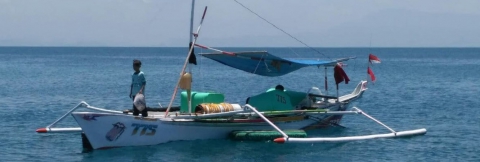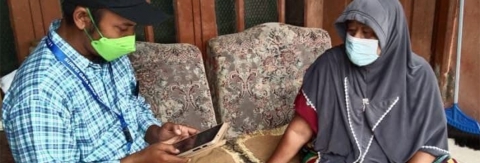The Integrated Social Welfare Data (DTKS) is the database used to target beneficiaries of social protection and poverty alleviation programs in Indonesia, including social assistances to mitigate the impact of the coronavirus disease 2019 (Covid-19) pandemic. The problem is that not every kabupaten/kota (district/city) government updates DTKS periodically. As a result, mistargeting has been a repeatedly occurring problem in the implementation of many social protection and poverty alleviation programs. During the pandemic, the problem also results in delayed distribution of assistance. Therefore, this research aims to investigate the current implementation of DTKS updates and learn the lessons to enable a sustainable update of DTKS using a better process in the future. The data was collected qualitatively in six regions of case studies from December 2020 to May 2021. This research finds that the factors influencing sustainable DTKS updates by kabupaten/kota government lead to two main aspects: commitment to update DTKS and capacity to perform it. To make DTKS update better, kabupaten/kota governments need to be encouraged to utilize DTKS more, provided with clear regulations and strengthened in terms of their capacity. While kabupaten/kota governments are responsible for updating DTKS, the governments at central, province, and village/kelurahan levels need to support and be more engaged to ensure that DTKS is updated in a sustainable manner and at a high-quality standard.






